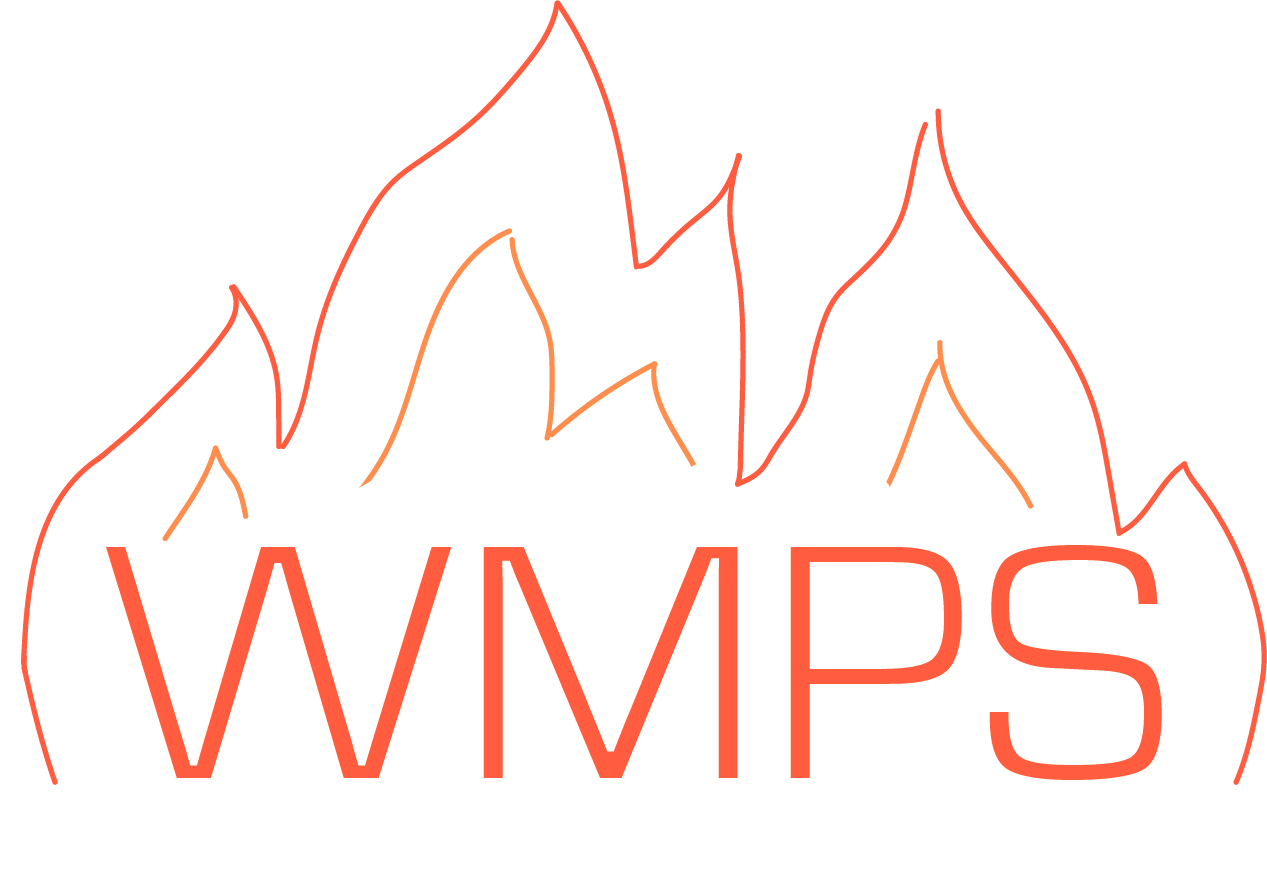Wildfires: Mathematical, Physical and Statistical investigations
Wildfires are an emergency! And there is no need to stress the high threat that they are at social, ecological and economical level. Actually, our communities cope, year after year, with record-breaking events all over the world and, unfortunately, the Iberic peninsula is among those areas that are more affected by fatalities. Therefore, it is evident the necessity for aiming a definitively enhancement in wildfire understanding and management, from prevention, prediction and protection to political policies.
Wildfires are scientifically concurrent multi-scale phenomena and this multi-scale nature exists also at the management level. The management of fires goes from fire-fighters and volunteers to civil protection agencies passing through operational and supporting services. Thus, highly multidisciplinary expertise is involved.
For what concern the more fundamental mathematical and physical point-of-view, the full set of equations describing wildfire behaviour is known and it is quite long. Actually, from the concurrent multi-scale framework, the system is described by the set of equations concerning the combustion process and the heat release, as well as by the set of equations concerning the heat transfer mechanisms and the interaction with the atmosphere. However, in analogy with the weather system, even if the set of equations for studying wildfire propagation is known it is impossible to solve them. Moreover, the problem is complicated also by the fact that, in general, reduced-scale experiments are unlikely to contribute to an understanding of wildfires mainly because so many processes occur contemporarily during a wildfire event (e.g. buoyancy, convection, radiation, chemical reactions, and wind flow), and spanning over so many ranges of temporal and spatial scales that they cannot scale simultaneously to allow for the derivation of simplified analogues.
This workshop aims to gather researchers involved in studies on theoretical aspects of wildfires science for an advancement in its understanding through mathematical, physical and statistical tools.
As a matter of fact, there is a cultural lesson to be learned on wildfires. It is crucial, in fact, to remind that although wildfires are often perceived as destructive disturbances, but when evolutionary and socioecological factors are integrated, fires in most ecosystems can be understood as natural processes that provide a variety of benefits to humankind. Wildfires generate open habitats that enable the evolution of a diversity of shade-intolerant plants and animals that have long benefited humans. Actually, fire is a force of nature, too, with an important role in evolution and ecology. Fire may be an essential element of the ecosystem, or an unnatural element to be avoided. As an ecological process, fire not only is part of a complex network of interactions that shape ecosystem functioning but also is shaped by management actions and people’s perceptions that affect an ecosystem’s (in)ability to regulate fire, which in turn shapes the positive or negative impacts of fire on human well-being and how society views fire. Moreover, (wild)fire can be understood as a potential provider of multiple ecosystem services, even if the difficulty in understanding the role of wildfires in providing ecosystem services still persists.
In any case, there is no “blame game” to be played because fire is part of the Earth system, and human dimensions of fire regimes are embedded in complex ecological, economic, political, technological and social relationships. In fact, fire is part of the history of humankind since ever by pulling in the humankind evolution wildfires together with anthropogenic fires and by changing from opportunistic to intentional use of fire: as documented about Homo erectus, who appeared in Africa about 1.9 million years ago, and was the first to control and use fire. Moreover, by remembering that any myth is the way how people interpreted their lives, finding worth and purposes in their existence, and created civilisation and a cultural identity, since this historical origin, fire passed also through the myth of Prometheus for playing a fundamental role in our society.
Thus, within this cultural context, advancements in understanding wildfires and improvements in their management are key tools for mimicking the ancestral role of wildfires in an increasingly populated world and then only an improved fire-management can help to learn this lesson about fire.

